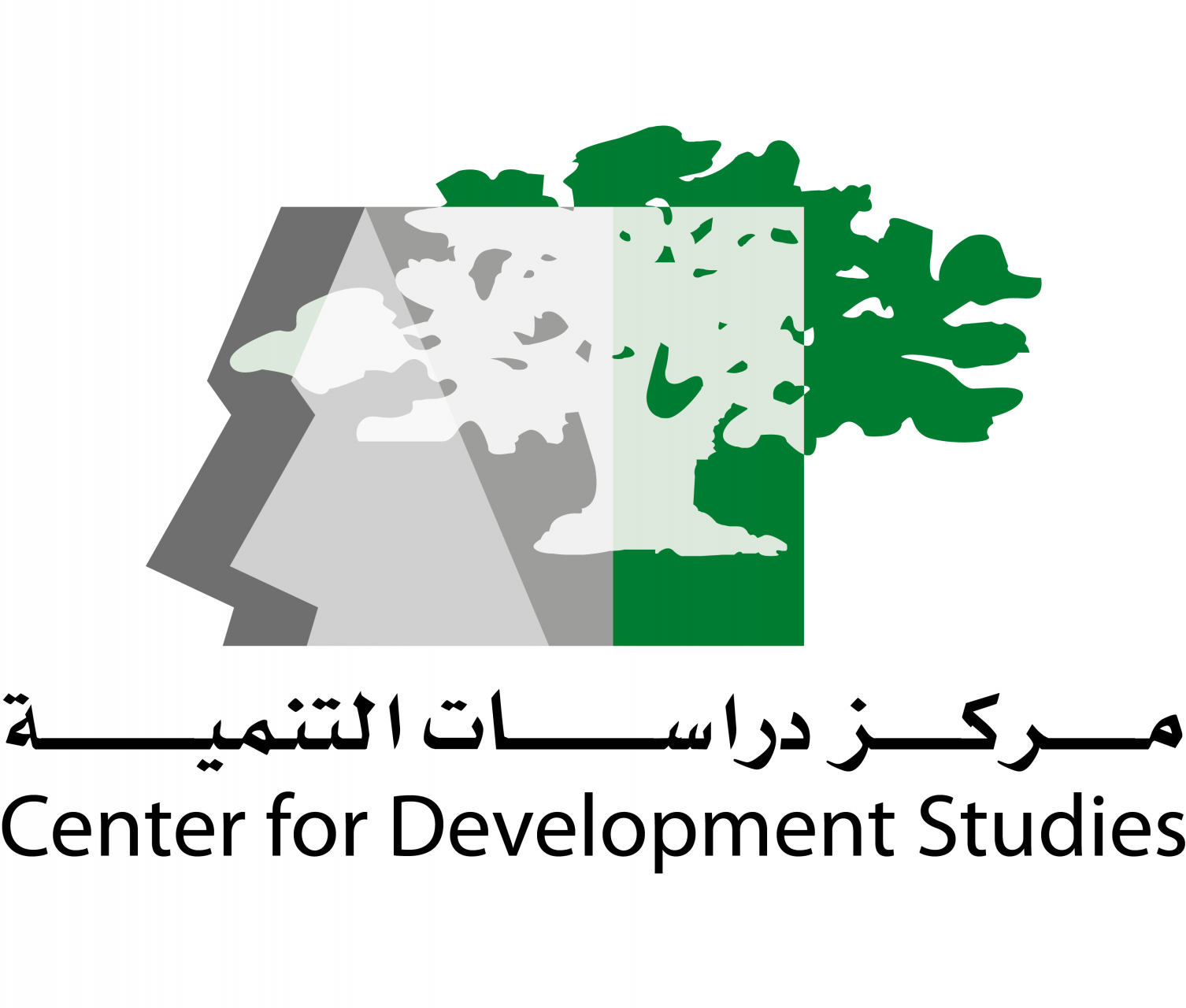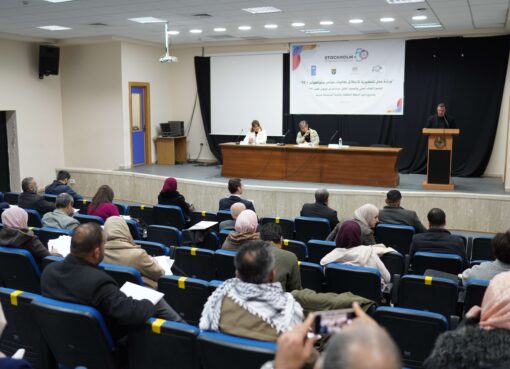Funded by the Rosa Luxemburg Foundation
Since 2011, the Centre for Development Studies (CDS) has engaged in a three year research programme on alternatives to neoliberal development in the occupied Palestinian territory. The purpose of this project, which stretched between 2011-2012 then again in 2014 has been two-fold: (1) to initiate a critical public dialogue about the rationale behind policy formulation. From that perspective, the objective has been to a create debate and generate consensus around pressing areas with an eye towards advancing possibilities for change. (2) to explore the ways that these alternatives may be achieved in practice, through the participation of different actors from the international to the national and local levels. This has been followed by another year (2013) of dissemination of the research findings across the West Bank and Gaza Strip. During this year, dissemination included:
Drafting an introduction which brought together the 9 papers and provided an overall conceptual and empirical framework for these papers.
A booklet in Arabic including the 9 research papers undertaken during 2011/2012 published jointly by RLF and CDS.
36 public meetings (20 in the West Bank and 16 in the Gaza Strip). The meetings were held in the north, south and centre of the West Bank and Gaza Strip’s 16 governorates. The meetings were held jointly with civil society, educational and governmental institutions, political parties, policy makers, youth groups, chambers of commerce, women organizations and activists.
Summaries of the 9 papers in Arabic were prepared for distribution during the meetings, for the benefit of the participants, as well as the media which will be invited to attend these meetings.
During 2014, we engaged in further research as well as public debate on critical issues pertaining to the occupied Palestinian territory development, which is governed by a process of colonization. This phase of the project produced 4 papers and focused on two main tracks, the first considered the expansion of credit in the West Bank and Gaza Strip, particularly following the international financial crisis in 2008. The second focuses on economies of the peripheries. In this respect, one of the findings that emerged from the CDS previous papers centered on the importance of bringing the colonial realities in Palestine back into view (i.e. the occupation by Israel and its project of colonizing the OPT through settlements and discriminating against Palestinians through the denial of equal treatment in the OPT and in Israel), and re-linking development and aid to the struggle against colonial subjugation. Taking this theme as our point of departure, the purpose of these two strands of research is to create a conceptual framework that enables us to begin to theorize, discuss and re-imagine aid and the processes of development as tied to the imperatives of decolonization and the process of resistance to colonial dominance.
Our work for 2015 builds on this work in two main ways:
The research will continue to address neo-liberal policies in the oPt through conducting a film based on the debates raised in the 13 papers conducted in the past 3 years into a documentary that can be screened in cinemas and film festivals but also across different communities, including students, policy makers, youth groups and women organisations.
A new strand of research in social fragmentation in the city in Palestine will be initiated to build on earlier work and explore further the features and impact of urban transformations on economic, social and political lives of the Palestinians. This strand of the project carries a weight of 60% of our work during 2015.




Comment here